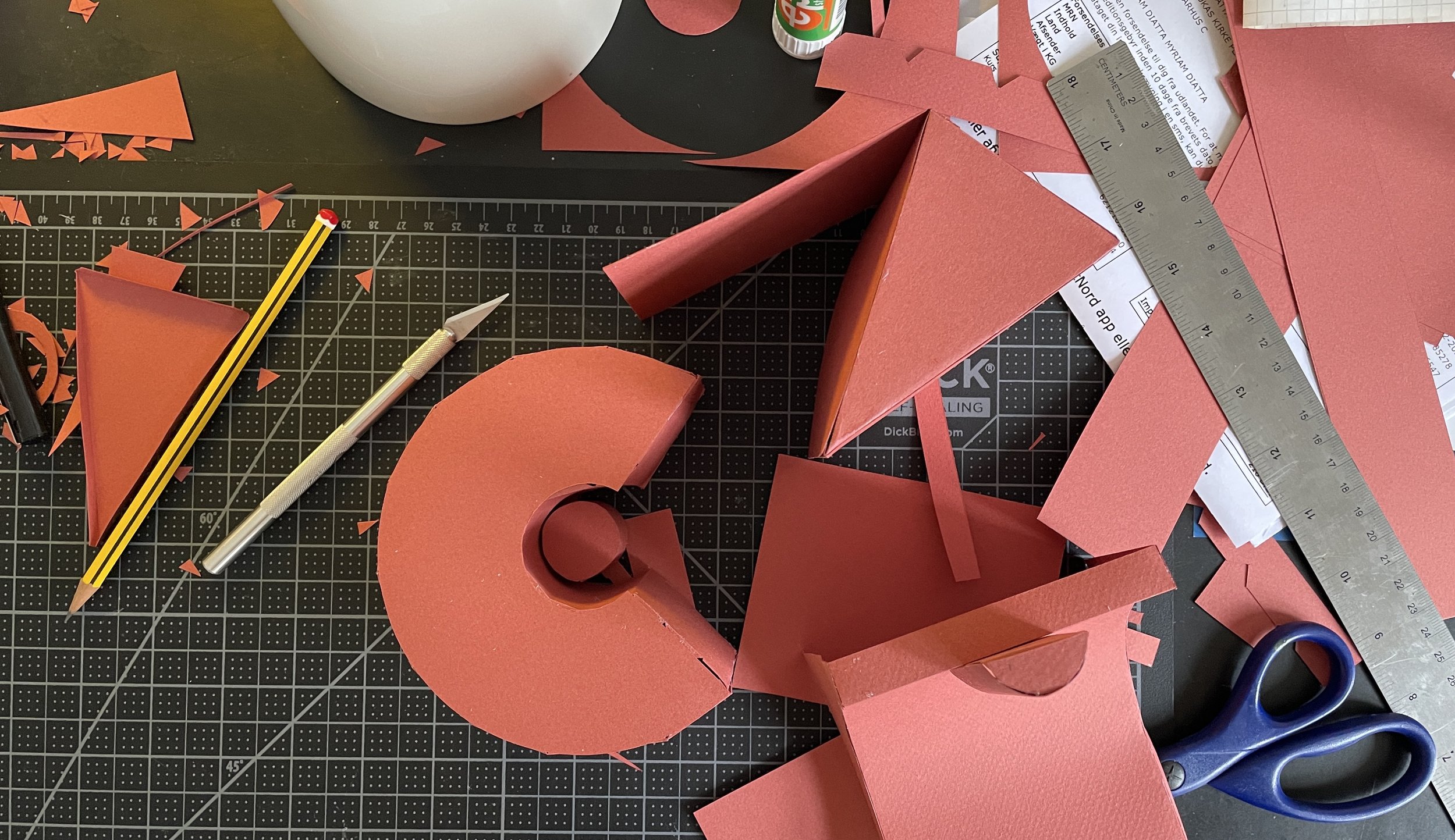1.
INFO
2. CURRENT
3.
PAST WORK
4.
APPROACH
5.
RESEARCH
6. BOOK!
︎︎︎ Join my newsletter
︎ View the full site on your desktop browser
UNDISCIPLINING CITATION PRACTICE
A series of practical tactics to accompany critical artistic inquiry2023
Read the full article here.
Publication: Platform for Artistic Research Sweden (PARSE)
Author(s): Myriam D. Diatta
Page Count: Approximately 15 pages

ABSTRACT
From the formatting and style manuals we may first learn from in secondary school to the submission instructions that academic journals put in place, students and seasoned scholars alike learn to navigate standard rules for academic writing. Since the turn towards reflexive citation practices and refusals of this institutionalized order, we have a wealth of provocations and interventions to write and think otherwise. Through this essay, I look into the loyalties to our respective disciplines that stubbornly remain in-tact despite our creative efforts and theoretical interventions to reconstruct citational practices. I argue the danger of disciplinarity—even its siblings cross-, multi-, and transdisciplinarity—is the way it disciplines us into the scholarly order and production of knowledge that citation practices aim to challenge.I begin this essay with a look into anti-disciplinarity by way of Moten and Harney’s The Undercommons and the proposals for movements otherwise that black critical thought, queer theory, and performance studies offer us. Importantly, this essay is projected towards Karera’s provocation that “to be black and critical is necessarily to engage in disorderly conduct, to become ‘undisciplined.’” Following the introduction, the central portion of this paper consists of a visual documentation of an embodied practice that considers themes of disorderly conduct and becoming undisciplined. I revisit the ways in which I undiscipline the traditional literature review, methodology, and contribution to knowledge. The visual documentation is composed of conceptual provocations and material, formal inquiry that draws from critical creative research and critical autoethnography. Through a combination of writing and abstract form-making, I explore how I make with the literature and scholars I cite—all towards undisciplining research.